Muslim 3D, a video game designed to fight Islamophobia
October 2, 2024 2024-10-12 15:10Muslim 3D, a video game designed to fight Islamophobia
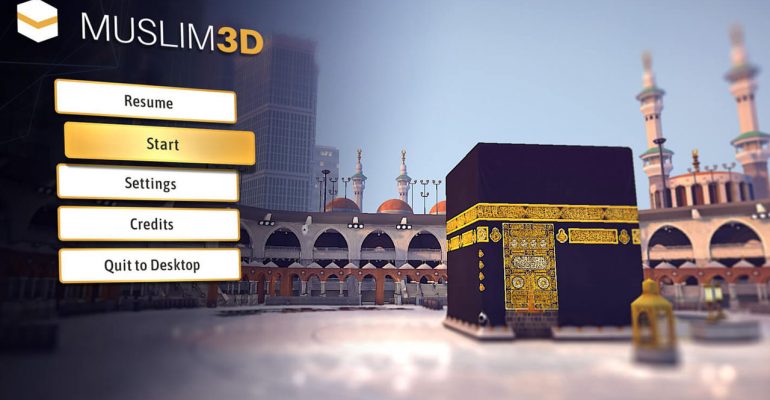
Muslim 3D, a video game designed to fight Islamophobia
In the video game Muslim 3D, users can adopt three-dimensional avatars and move around in virtual reproductions of holy Islamic sites: the Grand Mosque of Mecca, the Jamarat Bridge, the Plain of Arafat, and others. They can pray, read, interact with each other, take part in quests, go back in time to relive crucial historic moments in Islamic history, or embark on a virtual Hajj pilgrimage.
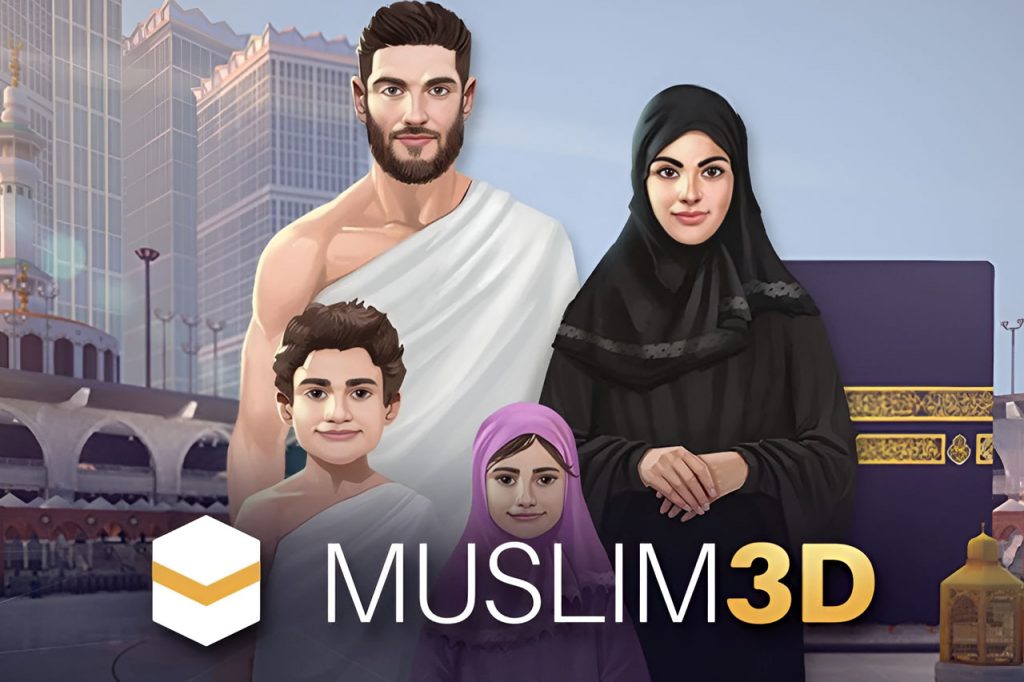
The game was developed by Bigitec Studio, a Germany-based Islamic digital media startup. Bilal Chbib, managing director of the studio, told Rest of World that the aim was for the game to create an “interactive environment where users could explore and learn about Islamic rituals, history, and lifestyle in a positive and compelling way.”
Chbib, who grew up playing immersive role-playing video games, said he had dreamed of building something similar that explored Islamic history.
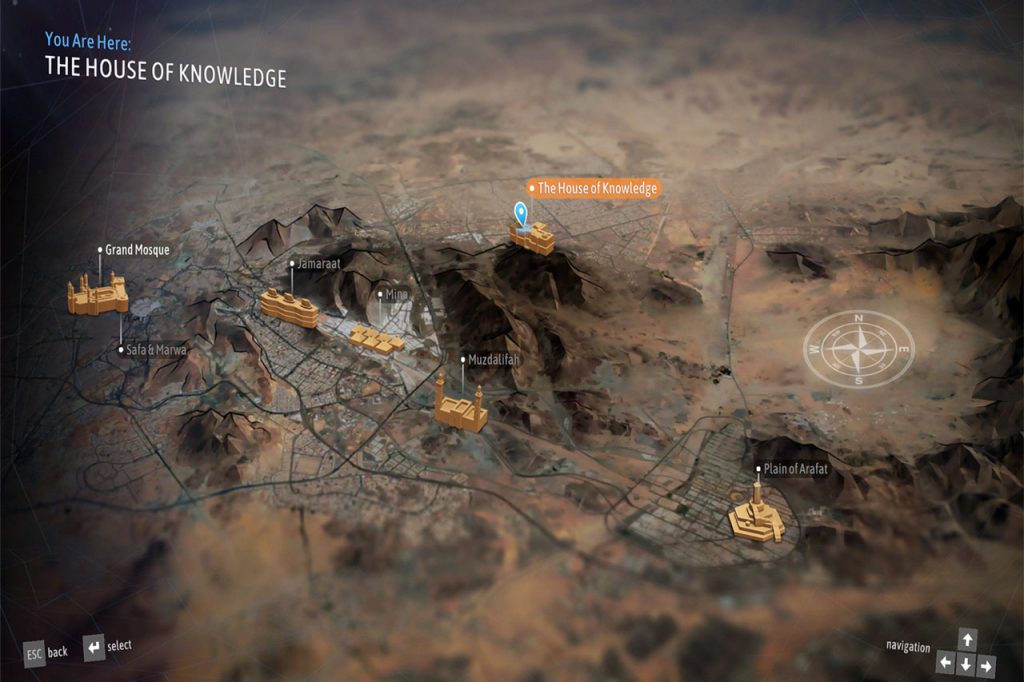
“When you encounter Muslims in video games or movies, there is a high chance that they are depicted as terrorists or people who are backward,” he said. “I believe Islamophobia and prejudice have one root: ignorance and lack of knowledge.” Initiatives like Muslim 3D, he said, can help fight anti-Muslim prejudice. In the video game Muslims Game Islam: Eid Mubarak, for instance, players can be part of a virtual Muslim family, cook food for suhur (the predawn meal eaten during Ramadan), and go shopping for an iftar party. Muslim Tales, also created by Bigitec, offers interactive stories based on the Quran; in Muslim Sadiq 3D, players explore simulations of Mecca and other Islamic holy sites.
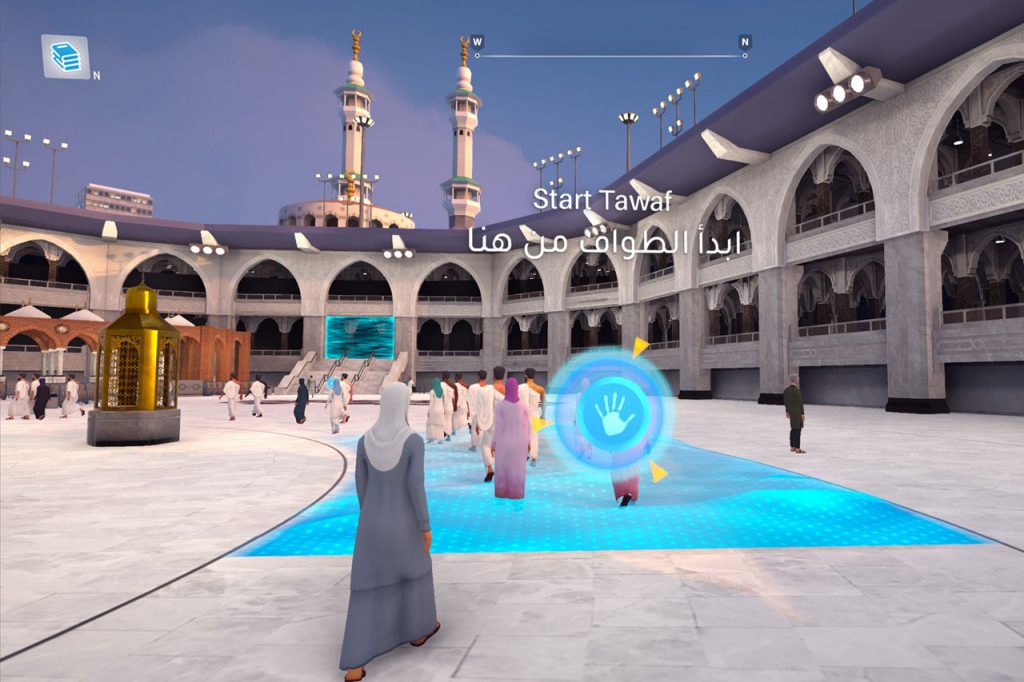
Muslim 3D is inspired by role-playing games like Skyrim and Assassin’s Creed, which allow players to recreate historical locations like ancient Egypt. A demo version is available on Apple’s App Store for free; Windows users can purchase an early access version of the game on video game distribution platform Steam. Users can buy “executive nameplate” NFTs and have their names “listed perpetually in the Hall of Dua” in the game, Chbib said. He hopes to bring Muslim 3D to virtual reality headsets next and said he is currently working on raising funds for the game’s official release. The game is currently more of a statement piece, but Chbib hopes it will have a large active player base once he releases the full version.
Chbib said the video game industry, now a multibillion-dollar powerhouse globally, was the ideal medium to spread Islam’s message. “It appeals to people across all ages and genders, proving that video games are not just a means to waste time but a valuable medium for education and engagement,” he said.
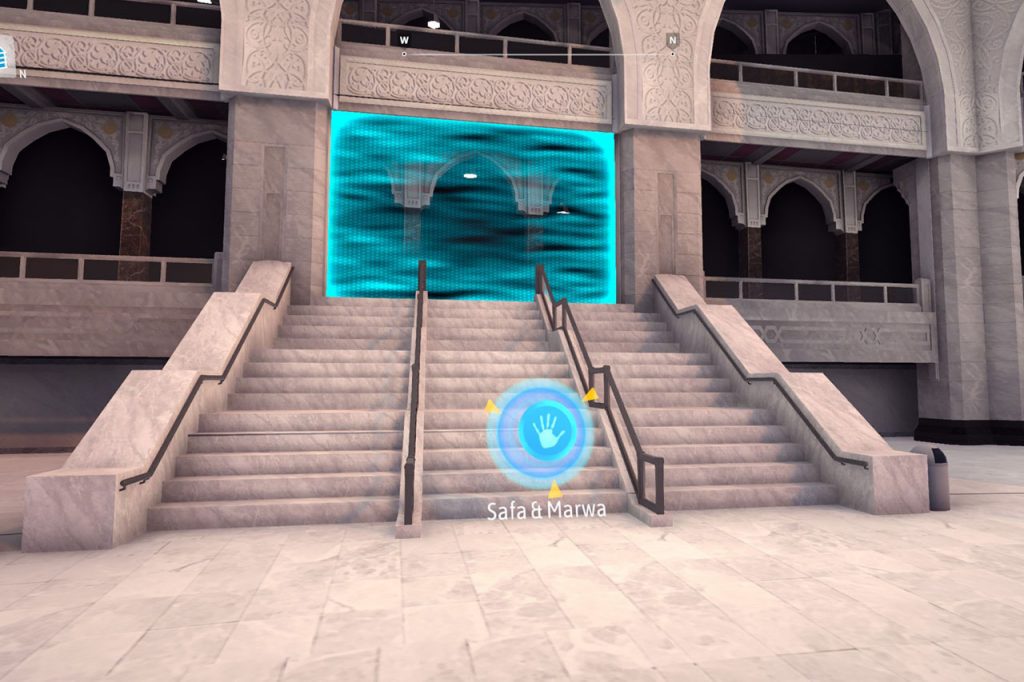
D’Youville University in Buffalo, New York, has included Muslim 3D in its Gaming and Religion course. Clips from the game have drawn millions of views on YouTube; some commenters criticize the show for depicting “haram” (forbidden by Islamic law) practices. On Steam, Can Sungur, a well-known Turkish gamer known for his Twitch streams and YouTube reviews of video games, called the game an “unprecedented opportunity to discover the wonders and knowledge of the Islamic world and mythology” but warned that non-player characters walking around users while they’re praying at the virtual Kaaba is “unacceptable” and “totally haram.” Another user praised the game for making “people of other religions … learn new things about Muslims, which can reduce misunderstanding and hate speech both in real life and online.”
Source: Rest of World







